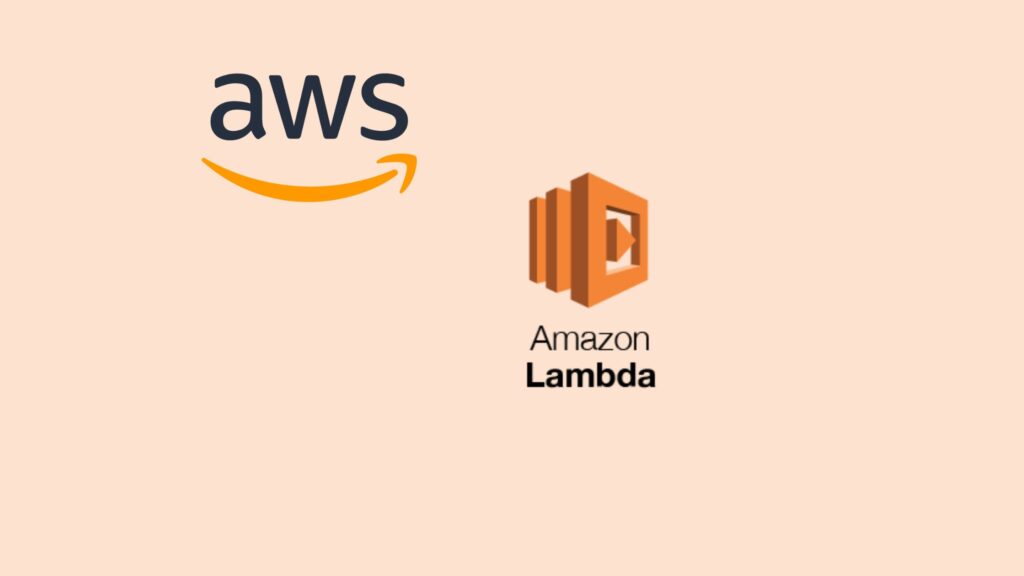I’ll try my best to provide you with the top 20 questions and answers related to AWS Lambda, from the perspective of a professional Cloud Developer who has worked with AWS
- Q: What is AWS Lambda? A: AWS Lambda is a serverless compute service that allows you to run your code without provisioning or managing servers, automatically scaling to handle any workload.
- Q: What are the benefits of using AWS Lambda? A: Some benefits include cost-effectiveness, automatic scaling, built-in fault tolerance, and simplified development and deployment.
- Q: What languages are supported by AWS Lambda? A: AWS Lambda supports Node.js, Python, Java, Go, Ruby, .NET (C#), and PowerShell.
- Q: How does AWS Lambda pricing work? A: You pay for the number of requests and the duration of the Lambda function execution, measured in GB-seconds.
- Q: What are AWS Lambda triggers? A: Triggers are AWS services or resources that can automatically invoke a Lambda function when a specific event occurs.
- Q: What are some common AWS Lambda triggers? A: Some common triggers include API Gateway, S3, CloudWatch Events, Kinesis Data Streams, and DynamoDB Streams.
- Q: How do I create and deploy a Lambda function? A: You can create and deploy a Lambda function using the AWS Management Console, AWS CLI, AWS SDKs, or the Serverless Application Model (SAM).
- Q: What is the AWS Lambda execution environment? A: It’s the runtime environment in which the Lambda function runs, including the operating system, language runtime, and any additional libraries or packages.
- Q: What are AWS Lambda layers? A: Layers are a distribution mechanism for sharing function code, libraries, or custom runtimes across multiple Lambda functions.
- Q: What is the maximum execution time for a Lambda function? A: The maximum execution time for a Lambda function is 15 minutes.
- Q: How does AWS Lambda handle errors and retries? A: Lambda automatically retries failed function invocations for asynchronous invocations, and you can configure error handling settings such as dead-letter queues and custom retry policies.
- Q: What is AWS X-Ray and how does it relate to Lambda? A: AWS X-Ray is a service for analyzing and debugging distributed applications, and it can be used to trace and analyze Lambda function execution for performance optimization and troubleshooting.
- Q: How can I secure my AWS Lambda functions? A: You can secure your Lambda functions using IAM roles, VPCs, resource policies, and environment variables for sensitive data.
- Q: What are the cold start and warm start in AWS Lambda? A: Cold start refers to the initialization of a new container for a Lambda function, which adds latency to the function invocation. Warm start refers to the reuse of an existing container, which reduces latency.
- Q: How can I optimize AWS Lambda performance? A: Some strategies include using provisioned concurrency, adjusting function memory, and optimizing your code for the runtime environment.
- Q: What is the AWS Lambda function package? A: It is a ZIP archive containing your code, dependencies, and any necessary configuration files.
- Q: What are the limits of AWS Lambda? A: Some key limits include function memory size, function timeout, deployment package size, and concurrent executions.
- Q: How do I monitor my AWS Lambda functions? A: You can use CloudWatch Logs, CloudWatch Metrics, and AWS X-Ray to monitor your Lambda functions’ performance and troubleshoot issues.
- Q: What is AWS Step Functions and how does it relate to Lambda? A: AWS Step Functions is a serverless workflow service that lets you coordinate distributed applications using visual workflows. You can use it to chain Lambda functions together, manage their execution, and handle errors.
- Q: How can I test my AWS Lambda functions locally? A: You can test your Lambda functions locally using tools such as the AWS SAM CLI, which allows you to build, test, and debug your serverless applications locally before deploying them to the AWS environment.


